DEI Voices: Ubaldo Ciminieri - Co-Founder & CMO at InterviewIA
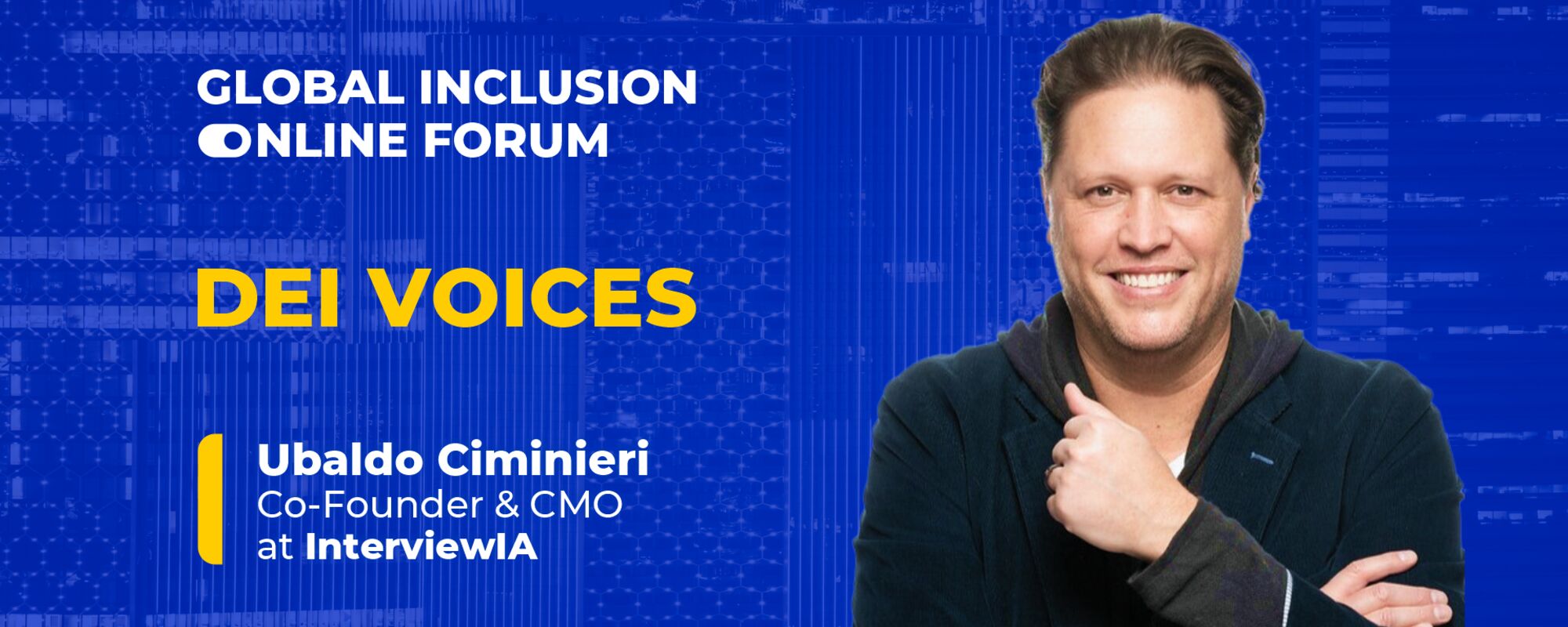
Ubaldo Ciminieri is the Co-Founder & CMO at InterviewIA, a leading interview platform driven by data and intelligence amplification to ensure the best interviewing experience for organizations and the candidates.
Based in Denver, Colorado, Ubado is a marketing leader, talent acquisition innovator, DEIB trainer, award-winning podcaster, space storyteller, and a healthcare hiring strategist.
We asked Ubaldo five(5) questions about his DEI journey:
Q1. What is the current state of DEI initiatives implementation in the IT industry? Which DEI initiatives have you implemented while working at InterviewIA?
My honest opinion is that DEI initiative implementation is still very performative and lacking the leadership support and budget to truly make a measurable difference in the lives of employees across the IT industry. Talent phenomena such as “The Great Resignation” or “Quiet Quitting” are the result of cultureless, non-inclusive nor diverse, money-focused organizations who still see employees as nothing more than expendable assets. Even with studies showing the impact of diversity on revenue, companies continue to be led by cisgender white males who don’t care. This is never more evident than in the 200,000 layoffs we’ve seen since last summer, with most DEI-focused roles being eliminated.
At InterviewIA, we have focused on bettering our processes to help DEI grow and thrive within our company. For example, we used our own hiring methodology and interview platform to hire the right qualified candidates for our roles, with the outcome being more diversity that happened naturally.
Q2. A lot of companies promote DEI initiatives as a part of their policies; however, when it comes to hiring, they fail to comply. Why do you think this is happening? When it comes to the hiring process in your company, which DEI stories stand out to you?
The major obstacle to improving hiring process is human. Simply put, we get in our own way because our brains want us to feel comfortable. When we are interviewing people who look, think and sound like us, we are comfortable. And we want to stay that way, so we hire those people. All candidates who don’t make us feel comfortable because of their different name, skin color, sexual orientation, race, et cetera, will always be passed over. Until we start to train our interviewers and give them tools to mitigate these biases in the interview process, hiring will never change. It hasn’t in over 100 years.
The one story that stands out for InterviewIA was when we hired J.J. We followed our recommended process and used our interview platform to create an inclusive candidate experience that gave every qualified candidate an equal opportunity at the job, regardless of the demographics. In the end we hired J.J., who just happened to be part of the LGBTQ+ community and a person of color. None of that mattered when hiring her other than [that] it brought extra benefits to our team after the fact.
Q3. Do you believe that fully blind hiring can substitute the conventional in-person hiring approach?
I do not believe that fully blind hiring can substitute for what has to be a human-to-human connection, [one] which can be achieved in person or virtually. I also believe that without the proper structure and interviewer training in place, fully blind hiring will only postpone bias. Just because we successfully hire a diverse person through a fully blind hiring process does not mean that person will never encounter bias based on their name, age, race, sexual orientation, et cetera, when they start work with a team of people they’ve never met or seen. Instead of fully blind, why not structure an interview process around the required criteria for a role and only evaluate candidates based on their alignment to those criteria? These can be skills-based, behavioral, cultural, and growth criteria. As long as we’re all evaluating every candidate for the same thing, and not allowing irrelevant data, like name, skin color, et cetera, to be part of that evaluation, we will hire the right people every time.
Q4. What other innovations for HRs which were introduced in the last 5 years can you recommend? Please provide any real-life examples.
I would recommend platforms like Joonko to help you find more diverse candidates. I really like platforms like Witty Works to help us with how we communicate to candidates via job descriptions and email.
Q5. What are the possible disadvantages of incorporating new technologies into the hiring process? What is the most inspiring story of a company implementing the new technologies you can share?
Without properly defining the objectives of new technology in a hiring process, companies will only encounter more problems and more obstacles to hiring the right people. Without training users of this new technology, we leave its efficacy up to the gut feelings and biases of those who are using it. That brings us back to square one.
One of the most inspiring stories of an organization who implemented a more structured process and used technology to support it was a health company who had never celebrated 2-year anniversaries of their employees prior to implementation. After implementation, not only did their team save nearly half their time in the recruitment and hiring process, but they started celebrating those 2-year anniversaries and they were so happy!
To connect with Ubaldo: https://www.linkedin.com/in/ubciminieri/
#DEIVoices
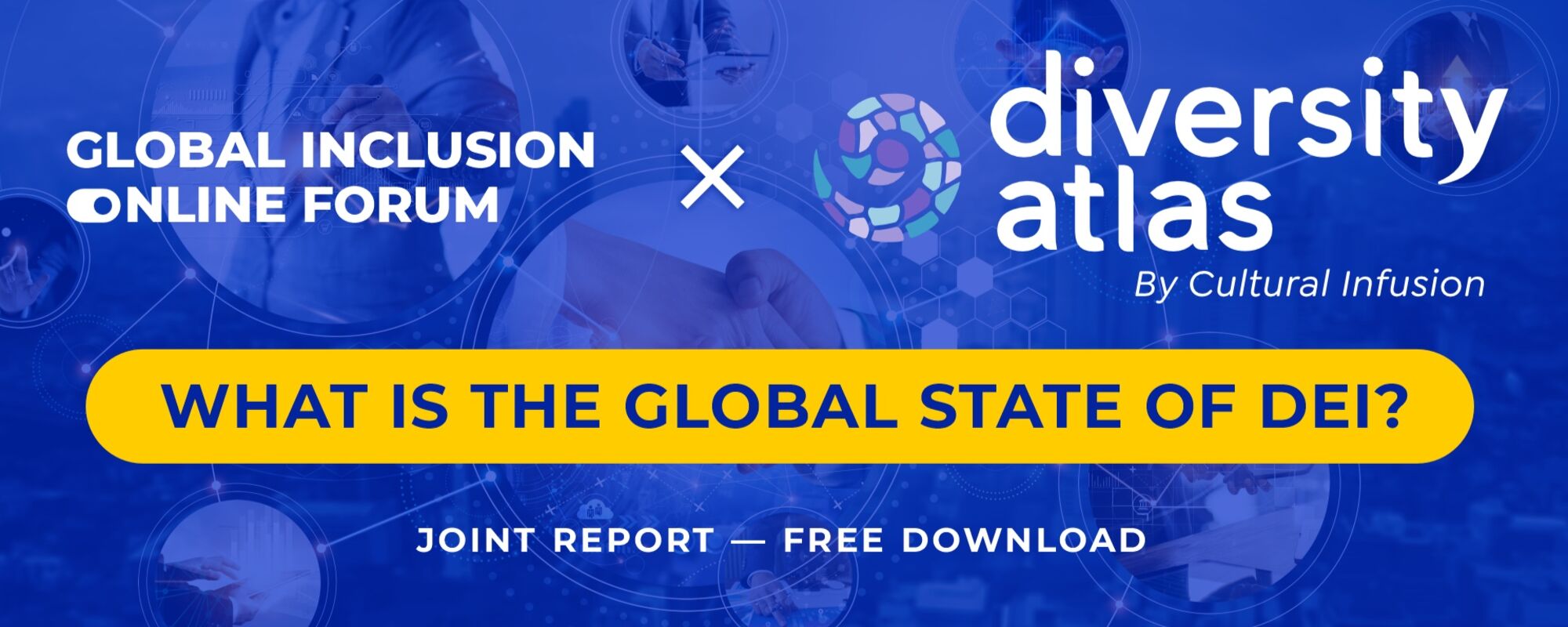
 Blind Hiring Summit: Embracing the New Age of HR
Blind Hiring Summit: Embracing the New Age of HR DEI Data Summit
DEI Data Summit Diversity Fatigue Summit
Diversity Fatigue Summit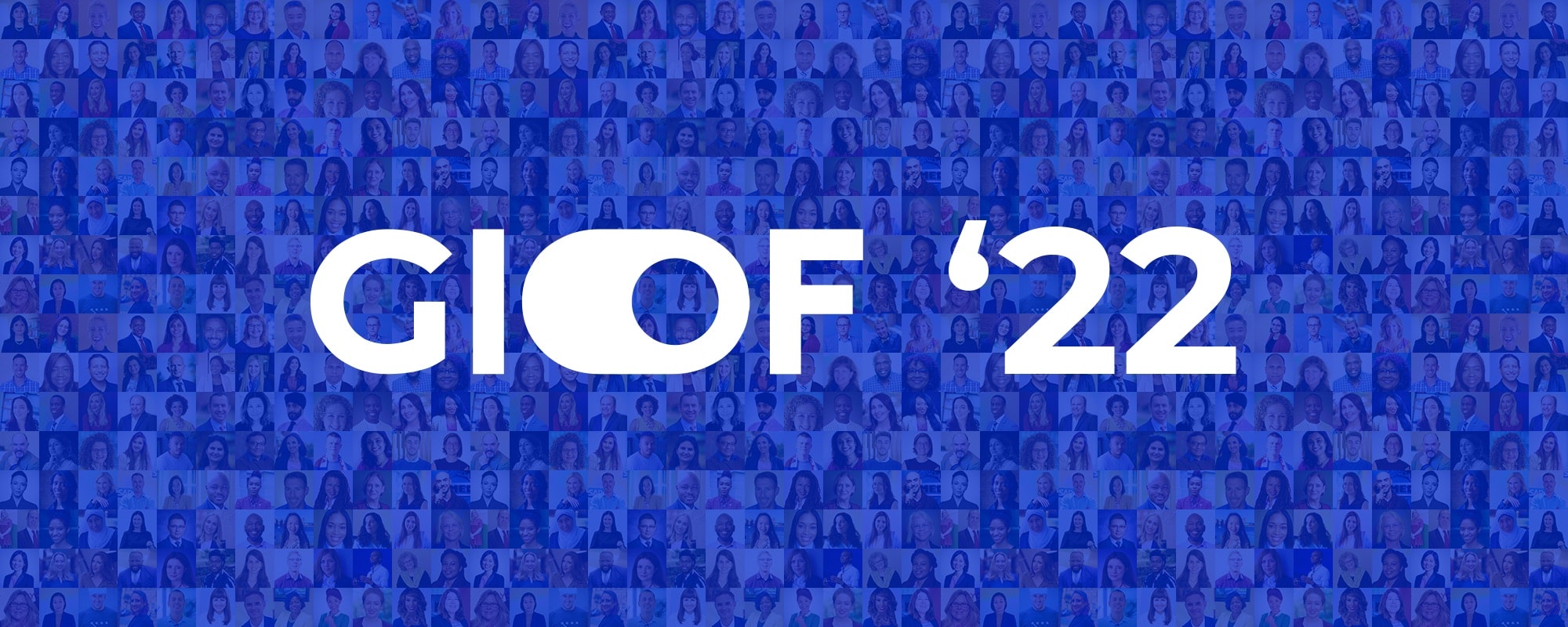 GIOF 2022 Annual Meeting
GIOF 2022 Annual Meeting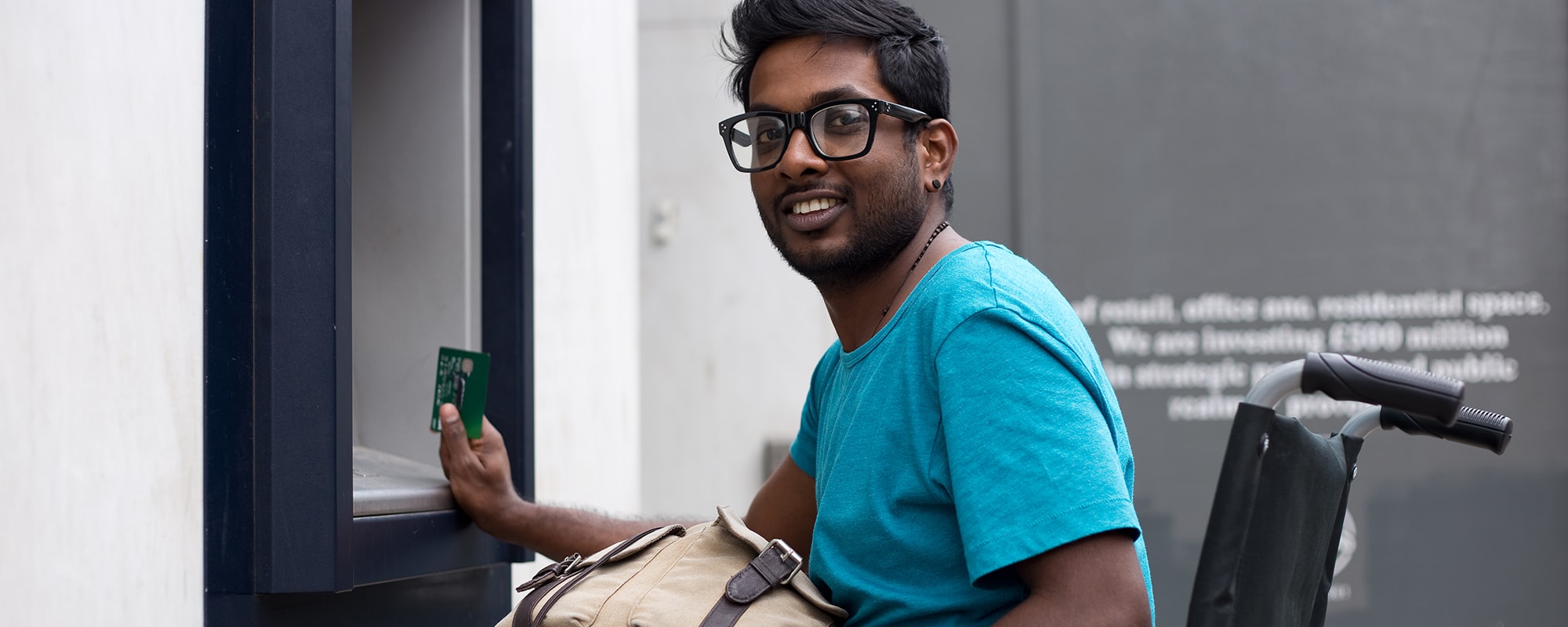 Banking for everyone: Arising accessibility trends in banking and financial services
Banking for everyone: Arising accessibility trends in banking and financial services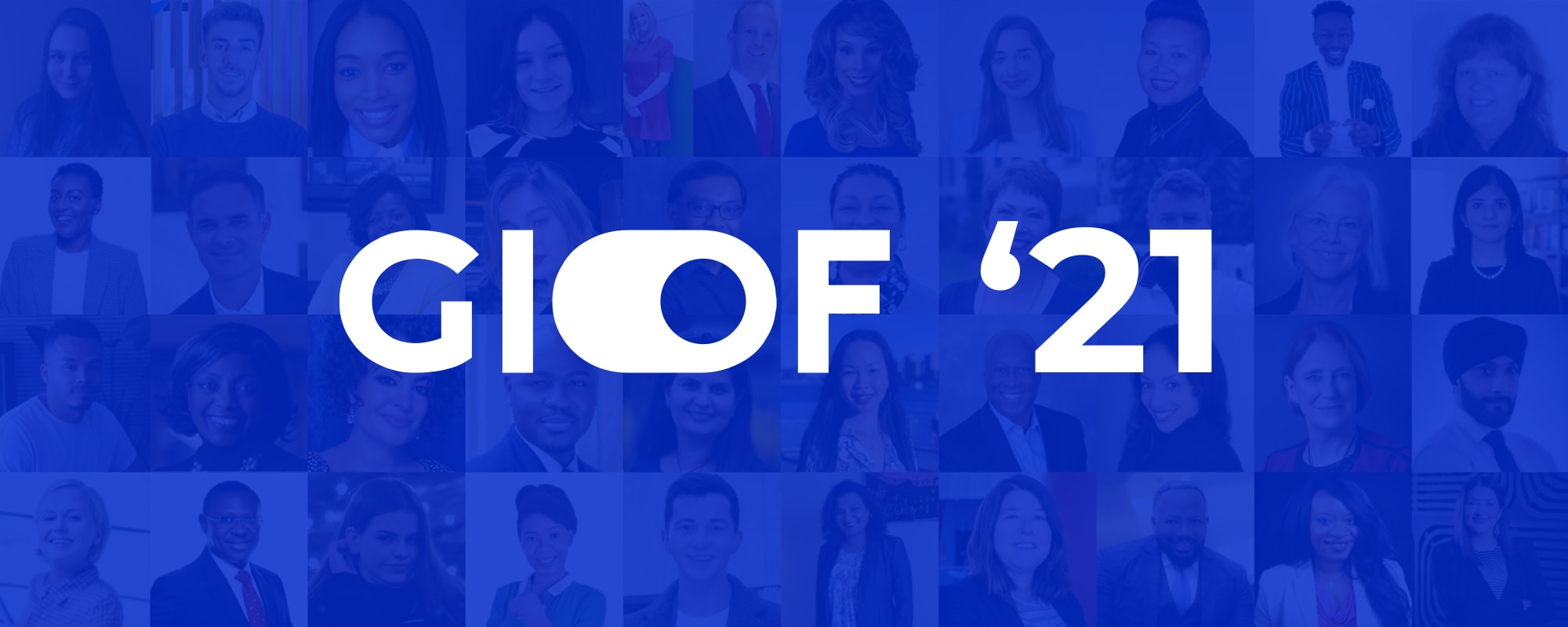 GIOF 2021
GIOF 2021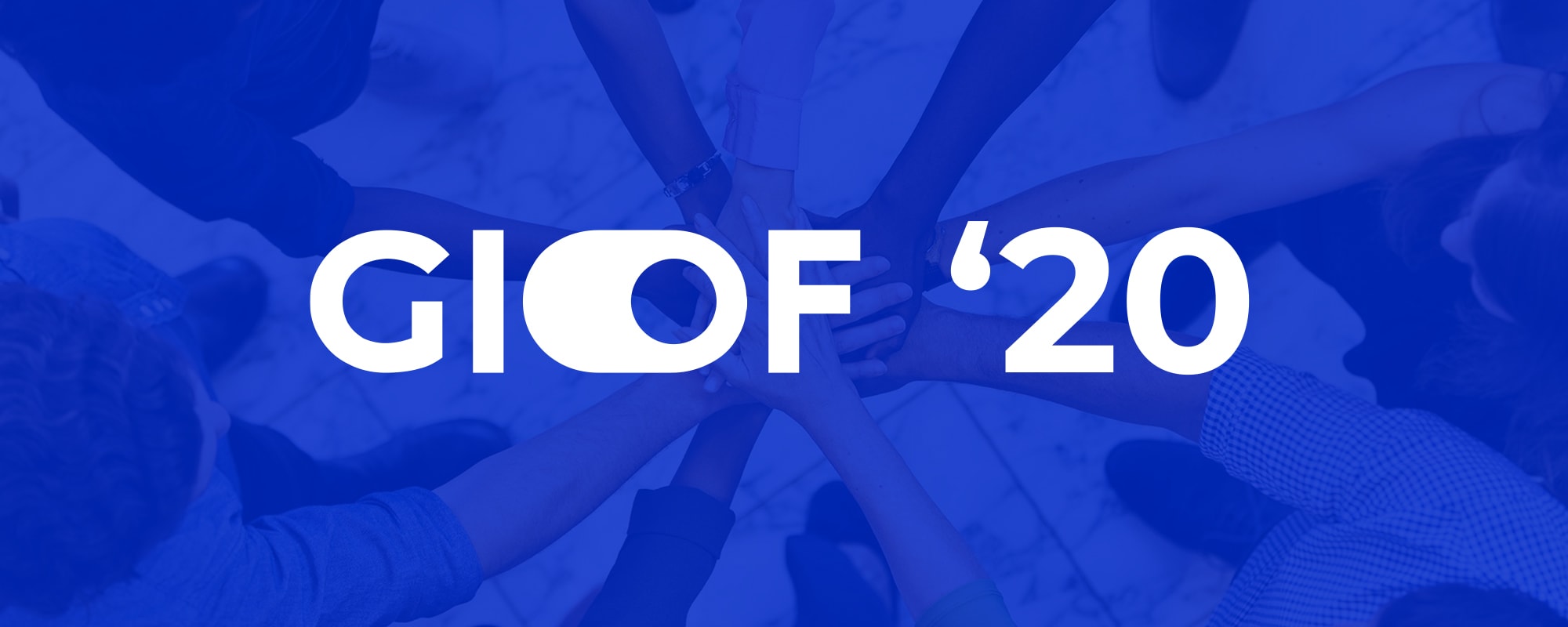 GIOF 2020
GIOF 2020